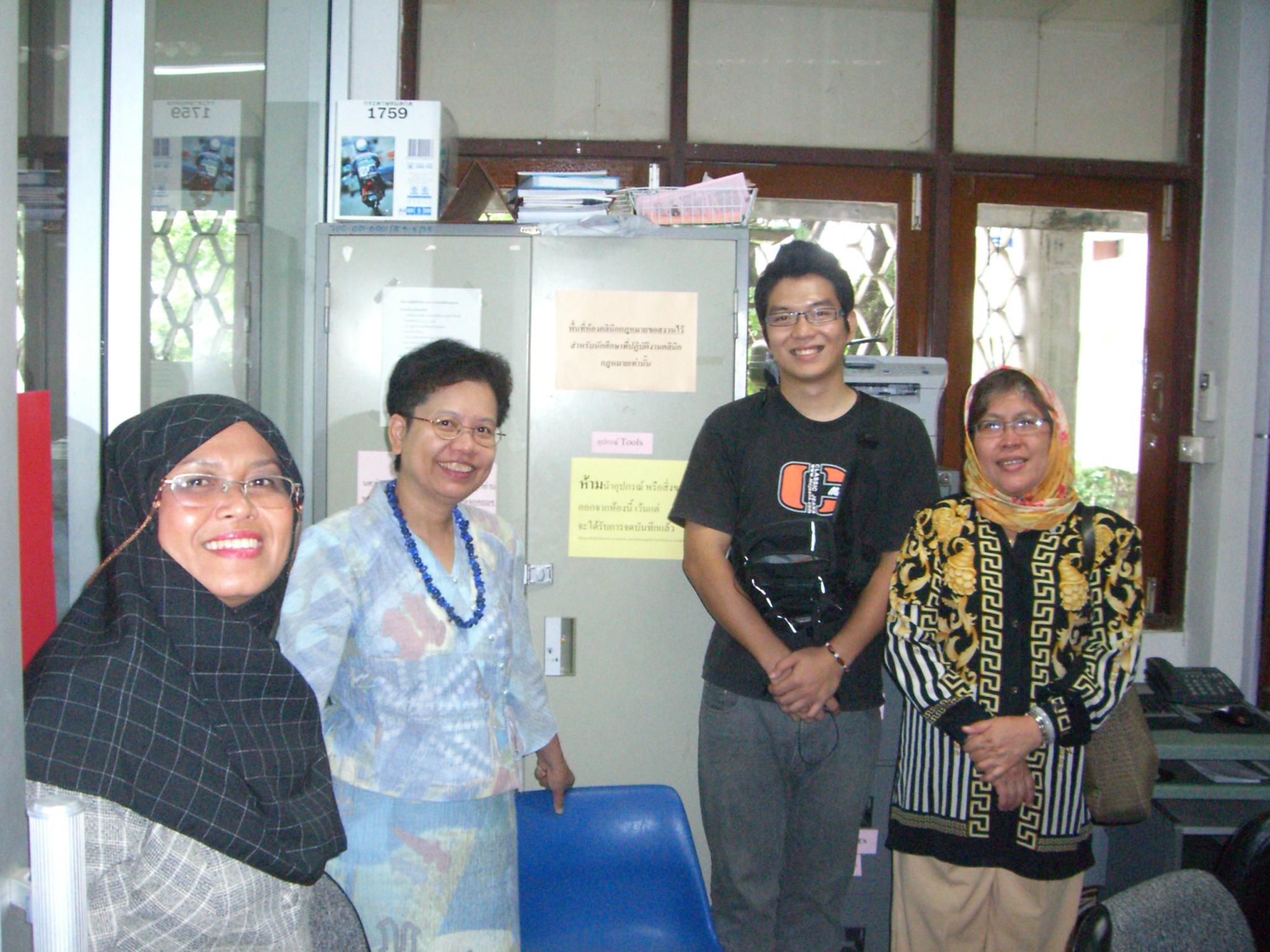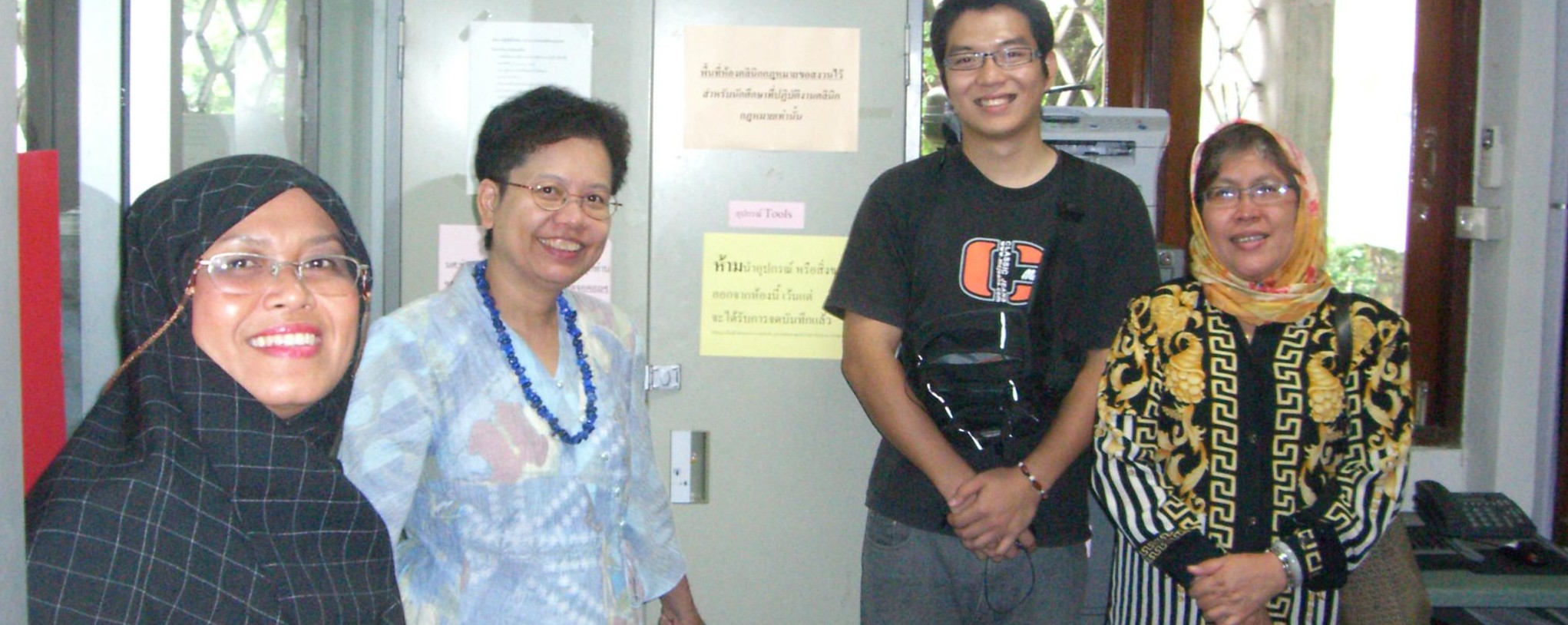Demonstrating Their Means, Methods and Strategies of CLE Development, BABSEACLE and the University Malaya Present at the 7th Annual Asian Law Institute Conference in Kuala Lumpur, Malaysia
 On May 26th, 2010 in front of a room packed with legal educators from all regions of Asia, BABSEACLE and its partner, the University Malaya (UM) presented on their means, methods and strategies in developing CLE programs throughout the region.
On May 26th, 2010 in front of a room packed with legal educators from all regions of Asia, BABSEACLE and its partner, the University Malaya (UM) presented on their means, methods and strategies in developing CLE programs throughout the region.
Refusing to allow the conference participants to lazily sit through the panel presentation, BABSEACLE Director Bruce Lasky had them up and moving. Waving paper placards listing country names, the goals of CLE and key strategic CLE development words, participants instructively shuffled around the room, from country to country, and year to year, as they demonstrated through an interactive exercise the connective country and regional partnerships BABSEACLE and UM have assisted in bringing about since 2003.
The purpose and focus of the presentation was to provide a brief summary what is Community/Clinical Legal Education and the goals and objectives of these programs in an educational, pedagogical setting, in addition to the overall benefit to society. This specifically included highlighting the need to develop these programs as a means to instill values and a pro-bono ethic in students as an essential element.
Cambodian CLE students inspect a water well in a rural community as a means to better understand the human right of access to water
The presentation then provided a brief description of some of the CLE activities universities throughout the SE Asia region are involved in, as well as the strategy employed in advocating and assisting in the implementation of these university based CLE programs. The successful University Malaya CLE and Community Outreach Program was used as a case model. Much of the cutting edge and incredible work it has been doing in providing community legal education, via its accredited and volunteer program, was showcased.
The session then went on to illustrate the role and importance of the cross border connective link of CLE program networking via various universities, like that of the University Malaya, Chiang Mai University, Vietnam National University, the National University of Laos, and others, and how this has been a significant factor in the current and continuous strengthening of already established CLE programs as well as the development of nascent ones. Specific examples of shared experiences, lessons learned, exchanges of professors and students, materials and resources, and other means and methods of programs working together will be included.
Malaysian CLE Professors on a Study Visit of the Chiang Mai University of Thailand Legal Clinic
Finally, and with an encouraging optimistic view of the future, participants were provided information on strategic next steps in the development of this CLE cross border movement as it continues to connect institutions regionally throughout Southeast Asia and broadens its reach internationally.

